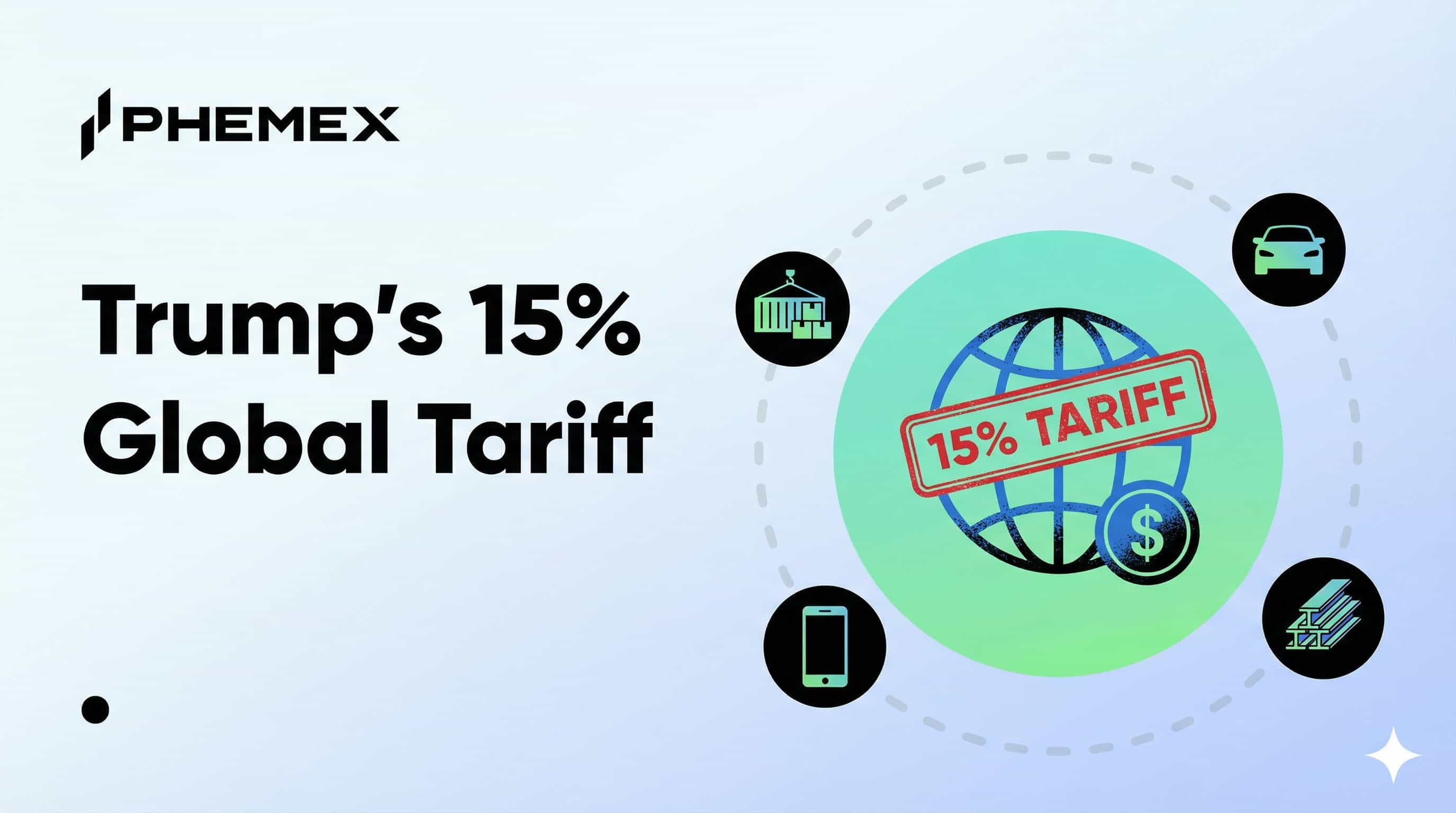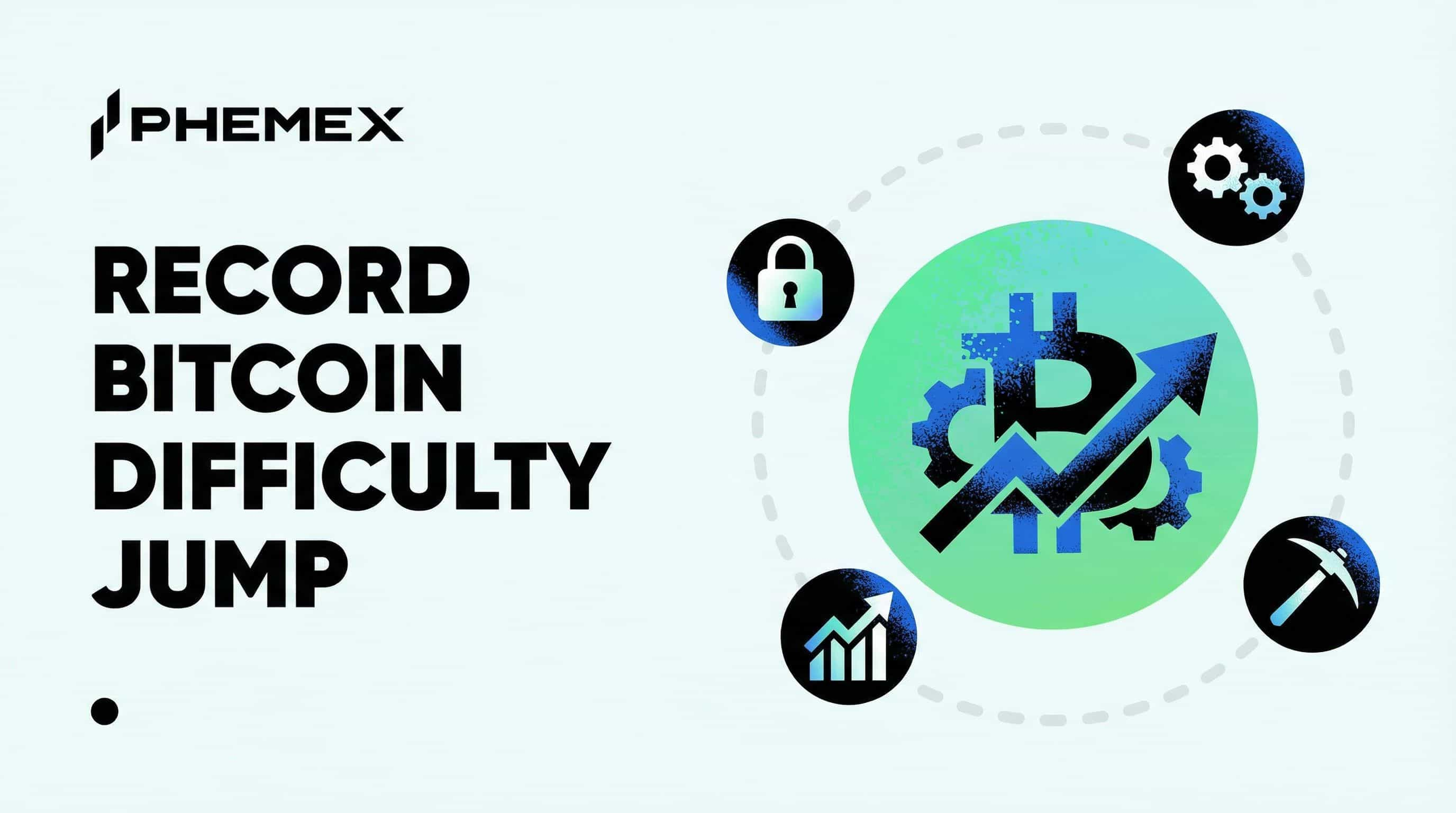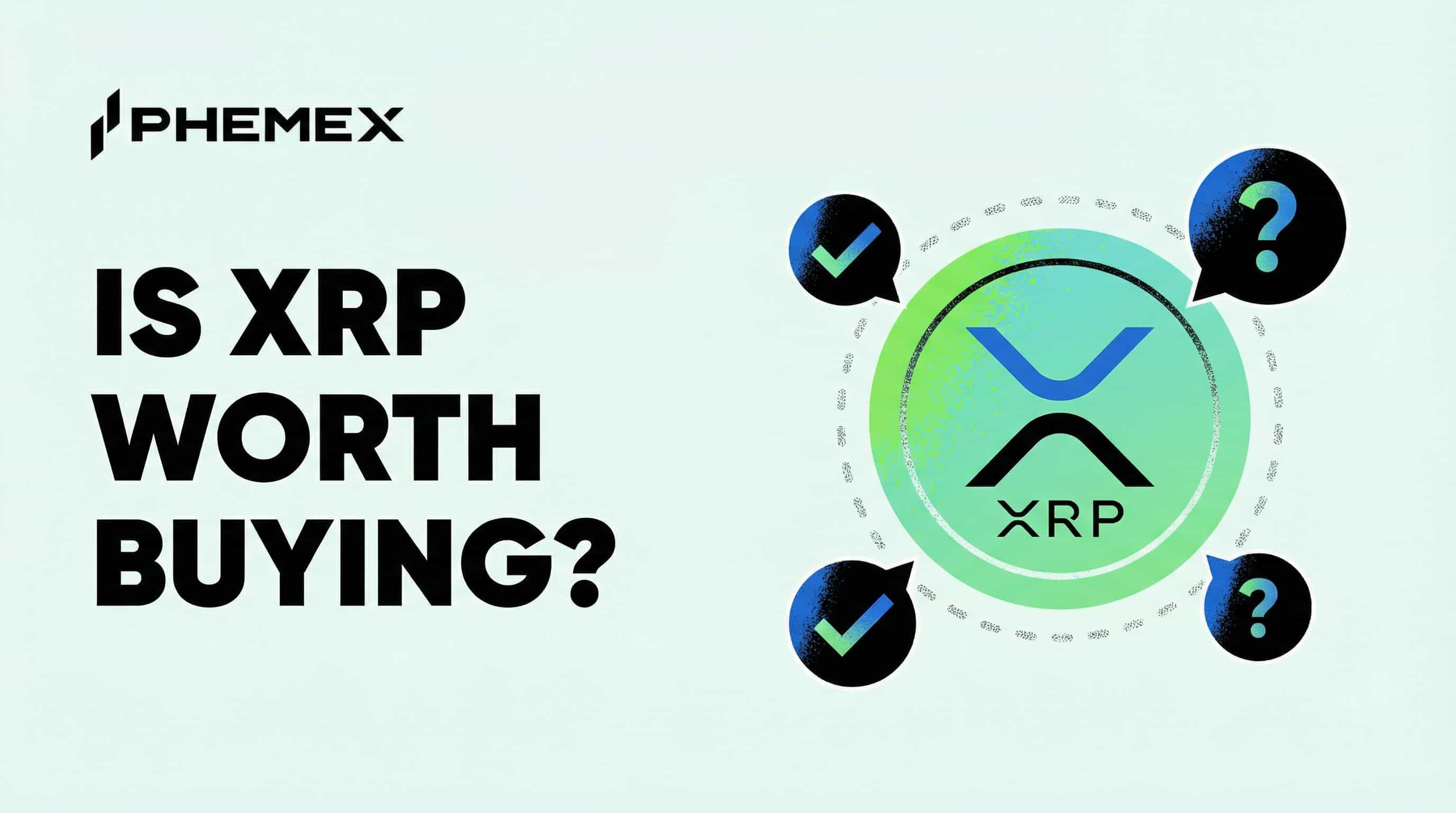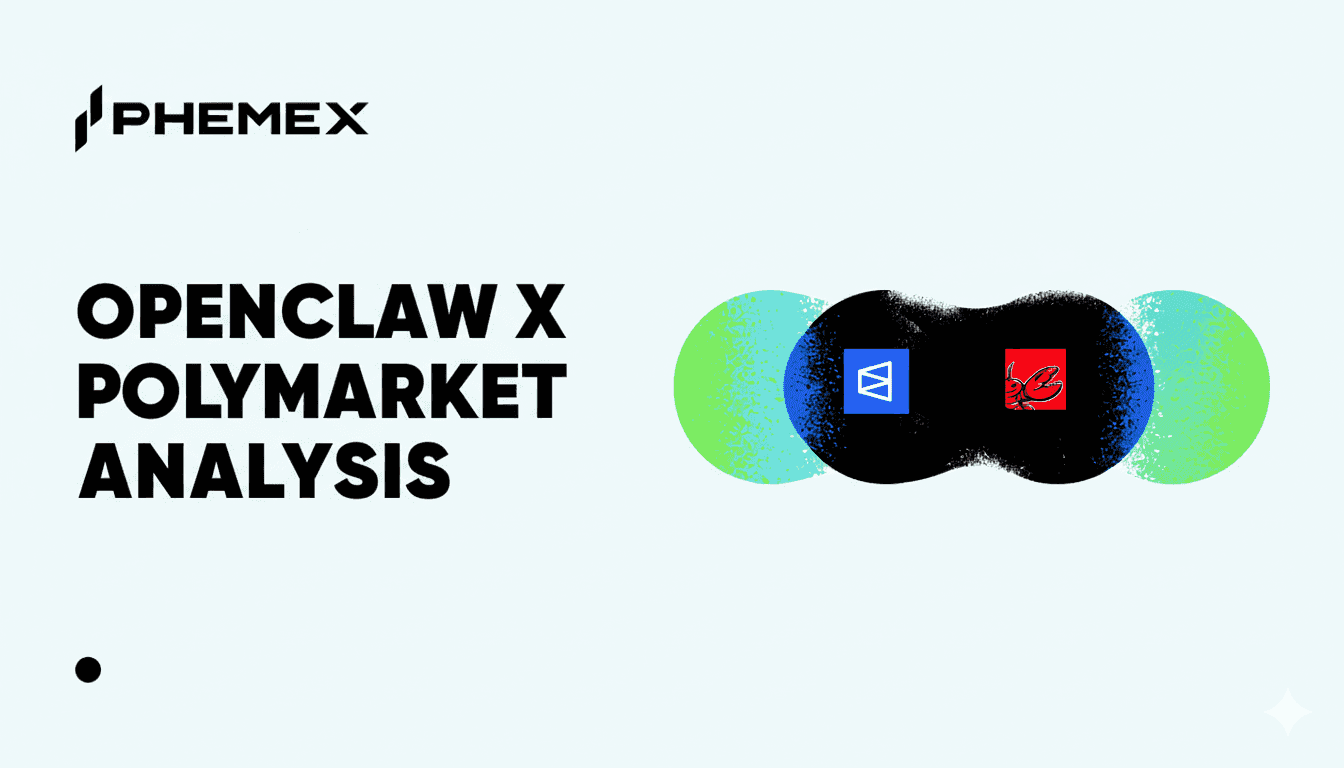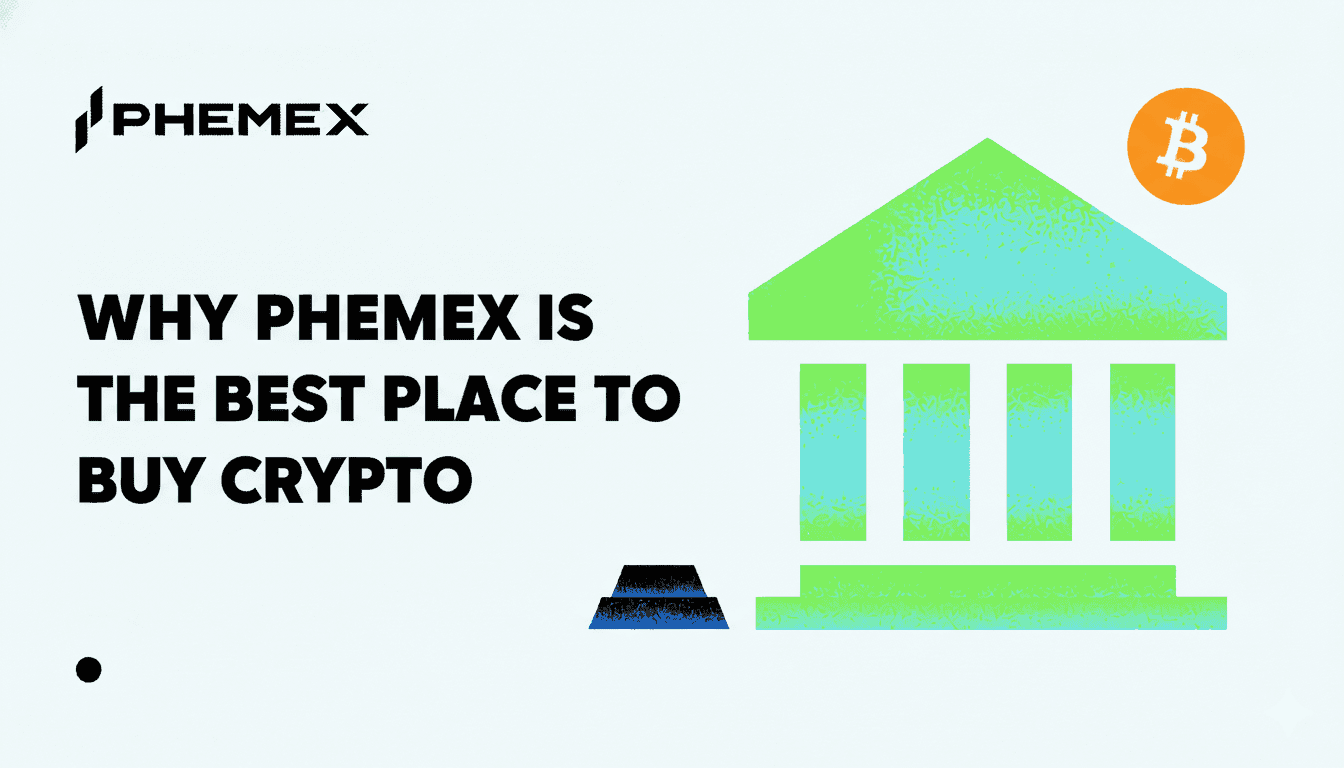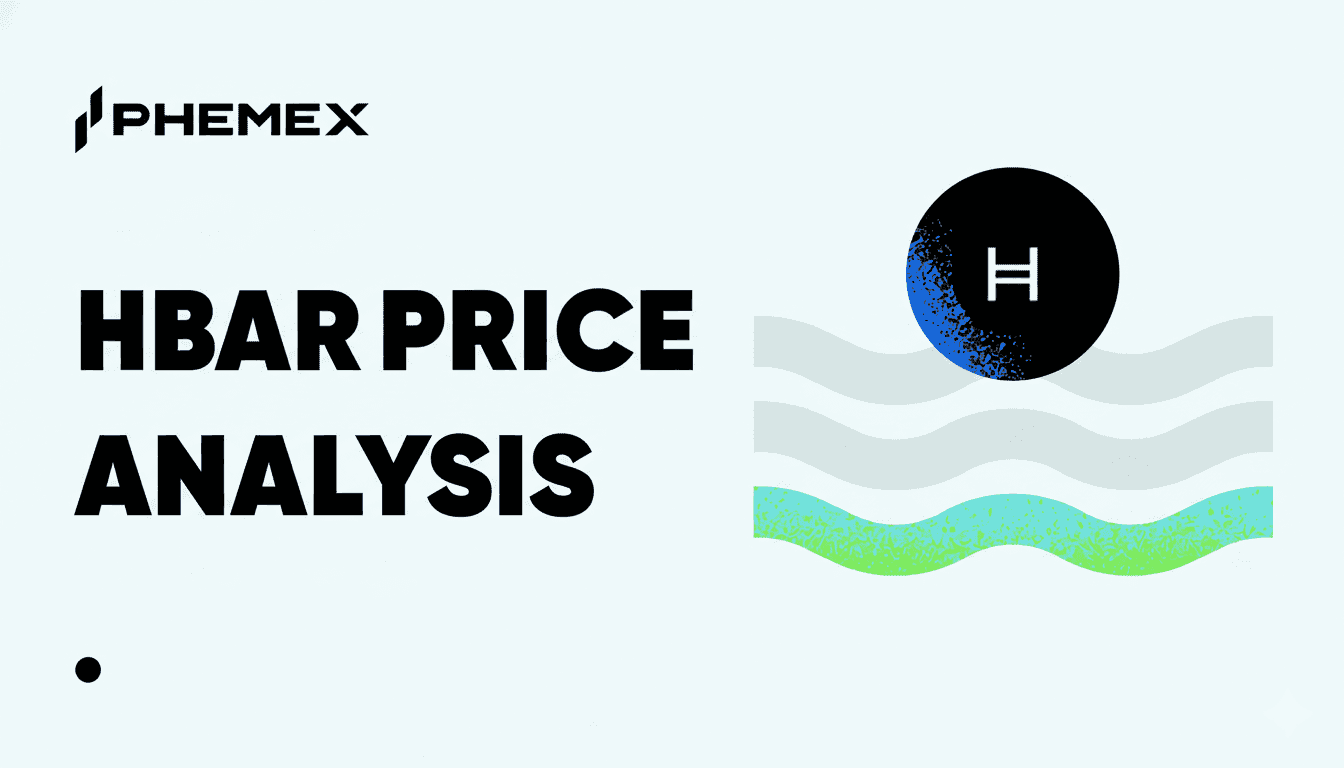The internet is one of the greatest inventions of civilization; one that provides many benefits to the world. But the internet has a dark side. The internet encourages some of the worst sides of human emotions, behaviors, and personalities – and one such example is doxxing.

What Does Doxxing Mean?
Merriam-Webster defines “dox” as follows, “to publicly identify or publish private information about (someone) especially as a form of punishment or revenge.” But in order to grasp an even deeper and clearer understanding of what “dox” means, its etymological origin must be examined. Where, then, did this word come from? Due to doxing being both an internet and recent phenomenon, there is ambiguity surrounding the word’s etymological origin. As a result, there are two popular theories explaining “dox’s” origin, which are as follows:
- It’s believed that the terms “doxxing, dox, or doxxed” are derived from the word “document.” The theory is that hackers/coders in the early days of the internet shortened “documents” to “docs,” and from there shortened it to “dox.” Thus, doxxing refers to the act of “dropping docs” on someone.
- It’s theorized that “dox” is shorthand for DOCEX, which is a military term for “document exploitation.” Document exploitation in the military can mean the releasing of enemy documents in order to achieve a specific aim. Thus, making “dox” a portmanteau of “documents” and “exploitation.” And as “dox” means the releasing of documents in order to achieve a specific aim, this creates a strong etymological connection to DOCEX.

What Does It Mean To Be Doxxed?
Doxxing refers to many things with different degrees of severity. For instance, at a less severe level, doxxing refers to the act of revealing unknown personal information such as identity (name), address, email, and phone number. At greater levels of severity, doxxing can refer to releasing embarrassing photos to harm a person’s reputation, releasing financial documents, or uncovering old text messages or emails detailing inappropriate behavior.
What’s also interesting about doxxing is that a person can do it to themself. If someone has established a strong anonymous presence online, they can take it upon themself to reveal their identity and whatever further information. This can be done for business reasons in order, for instance, to establish credibility. Or it’s done because a person at a time was insecure or uncomfortable about revealing their identity online.
For instance, on the Joe Rogan podcast, MrBeast explained that he removed his YouTube channel when someone he knew discovered his videos but now is ready to reveal themself.
Is Doxxing Illegal?
The act of doxxing itself is typically not illegal. However, what potentially can be criminally charged is whether or not the doxxer acquired the information through illegal means, such as stalking, theft, and the like.
At the same time, what also can be charged is whether or not the doxxer intends to do harm. Nevertheless, releasing documents online is typically not illegal. Of course, this is from the perspective of the United States. The rest of the world has different laws in regard to the internet.
In regard to the point of charging individuals with crimes in the context of doxxing, there is the issue of proving the matter, even if the case has merit. For instance, doxxers themselves typically are anonymous. Furthermore, because this activity takes place on the internet, it becomes extremely difficult to trace everything and to prove whether or not something was obtained illegally. Thus, even if more laws were made making doxxing illegal, there would still be questions regarding how it would be enforced.
Of course, this also raises the issue of whether or not doxxing should be illegal. After all, doxxing is useful in revealing scams, because scammers are typically anonymous or engaging in shady business practices; thus, when people reveal the scammers’ identity and their practices, it can prove that something is a scam. A great example is the OneCoin scam. When information started to be released that OneCoin was a scam, it started to wake people up and allow them to escape before any further damage was done.
What Does Doxxed Mean In Crypto?
There is nothing unique about crypto doxxing; it means the very same thing as all other types of doxxing. What makes doxxing relevant in the crypto domain, though, is that: 1) crypto is new and vulnerable to scams, 2) there is a large amount of money in the industry, and 3) the industry has a strong anonymous characteristic.
One of the most recent examples of doxxing occurring in the crypto domain has to deal with the Bored Ape Yacht Club. Recently, a BuzzFeed reporter revealed two identities of the Bored Ape Yacht Club founders. (This is a perfect example of doxxed, crypto projects). The reporter reports that “BuzzFeed News searched public business records to reveal the identities of the two core founders,” which was eventually confirmed by Yuga Labs CEO Nicole Muniz.
How Do You Not Get Doxxed?
Unfortunately, there’s no guaranteed path toward protecting yourself from being doxxed. The good news is that most people are not at risk of being doxxed, particularly because there is no motivation or reason to be doxxed (they are not important enough; they are “bigger fish to fry”). Nevertheless, there are common sense steps that people can take in order to abate the paranoia:
- Make sure to not reveal personal information online such as addresses, phone numbers, and emails.
- Do not post any photos that you would not want the public to see on social media platforms.
- Make sure to not say anything online that you would not speak in-personal or publicly.
- Beware of anonymous communications and platforms (caution is your best friend).
- The less you interact online, the less likely you are to make mistakes that can haunt you in the future.
Luckily, if a person is sensitive enough, we all know when we are crossing the line with our activity on the internet. In fact, perhaps this awareness is the most effective guide and protection from overextending ourselves on the internet. Best not to ignore it.

Why Is Doxxing Such A Problem?
Doxxing, in a sense, is very similar to damaging someone’s reputation in the real world. Everyone has experienced and/or participated in some form of gossip and slander – drama, after all, is a keystone of human interaction. However, in the real world, there are natural constraints that limit harming someone’s reputation through the form of repercussions.
Nevertheless, the reason why doxxing is such a problem is that the internet does not have the same constraints found in the real world. In fact, the internet has very few constraints. The ones it does have are manufactured and ineffective and/or are causing unintended consequences (think about issues surrounding free speech).
Therefore, as implied in the introduction of this article, when the natural constraints on human behaviors are lifted, those very behaviors are pushed to the extreme. After all, on the internet, it’s very easy to say whatever a person wants without any immediate repercussions; and worst of all, the internet encourages those very behaviors by allowing people to “like” and “share” them, which provides dopamine hits for the perpetrators, making them want to do it more often.
Lastly, what also makes doxxing such a prevalent issue is that when people began using the internet, they were children or teenagers. Unfortunately, children and teenagers are impulsive and say and do “idiotic” things. They post and say things that, later in life, they wished they had never done. Therefore, many people are vulnerable to doxxing because so much of their life is being recorded on the internet, and that includes their mistakes.
Conclusion
Doxxing is an issue found in all corners of the internet. Yes, due to crypto’s popularity and tendency to be anonymous, it has received more attention of late in the context of doxxing. Nevertheless, as the internet continues to develop, it will not be surprising that restraints will be created in order to reduce the amount of doxxing. Moreover, people are also learning from their mistakes and will be able to pass on that information to younger generations, especially by limiting their access to the internet in their formative years.





